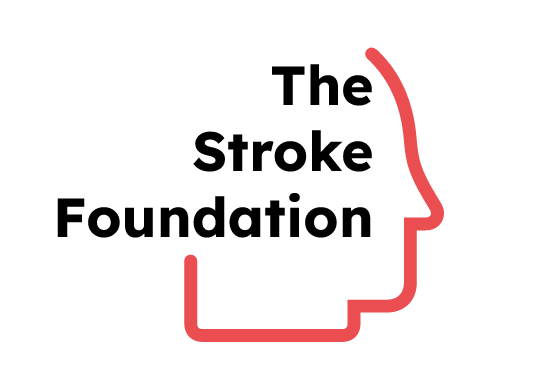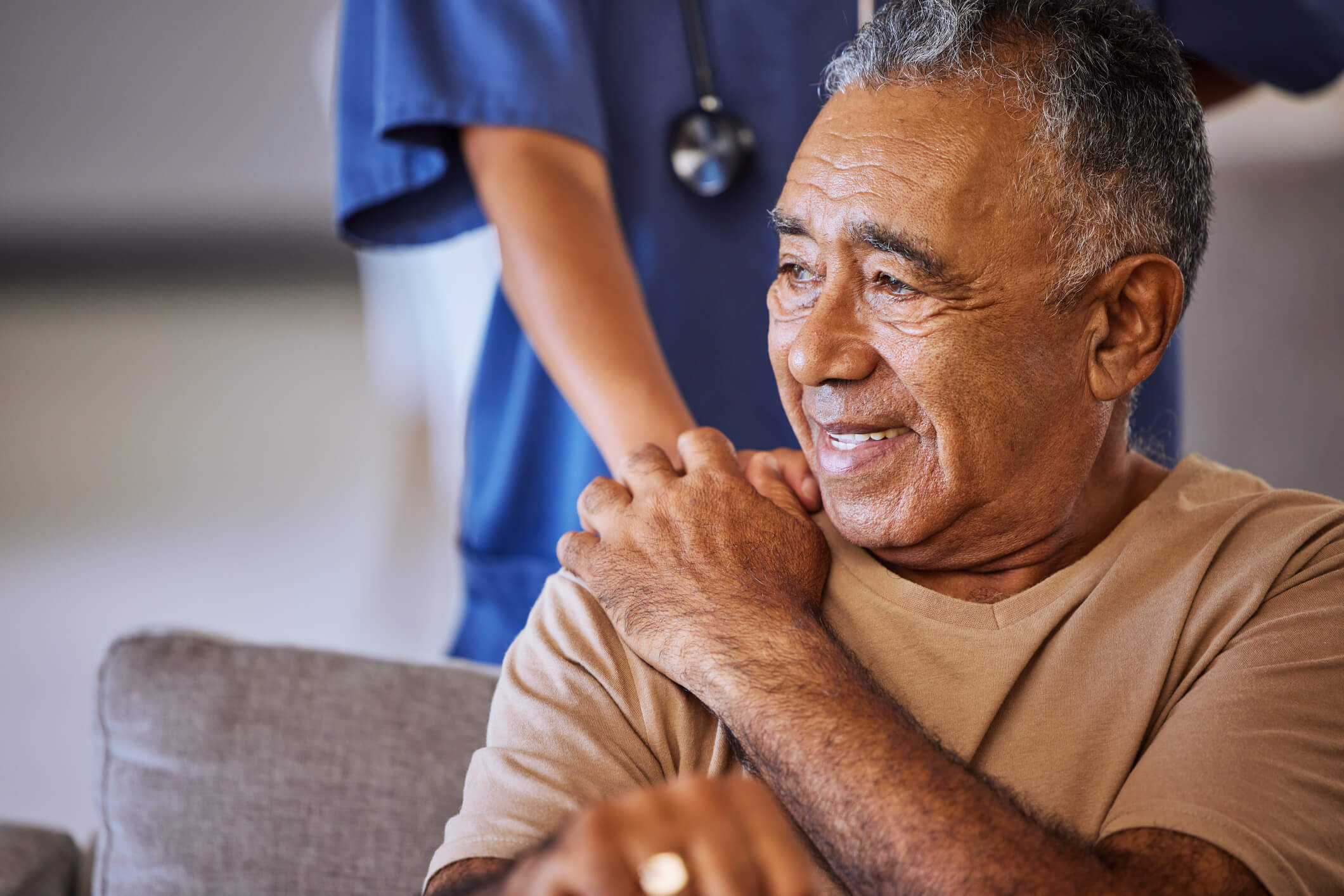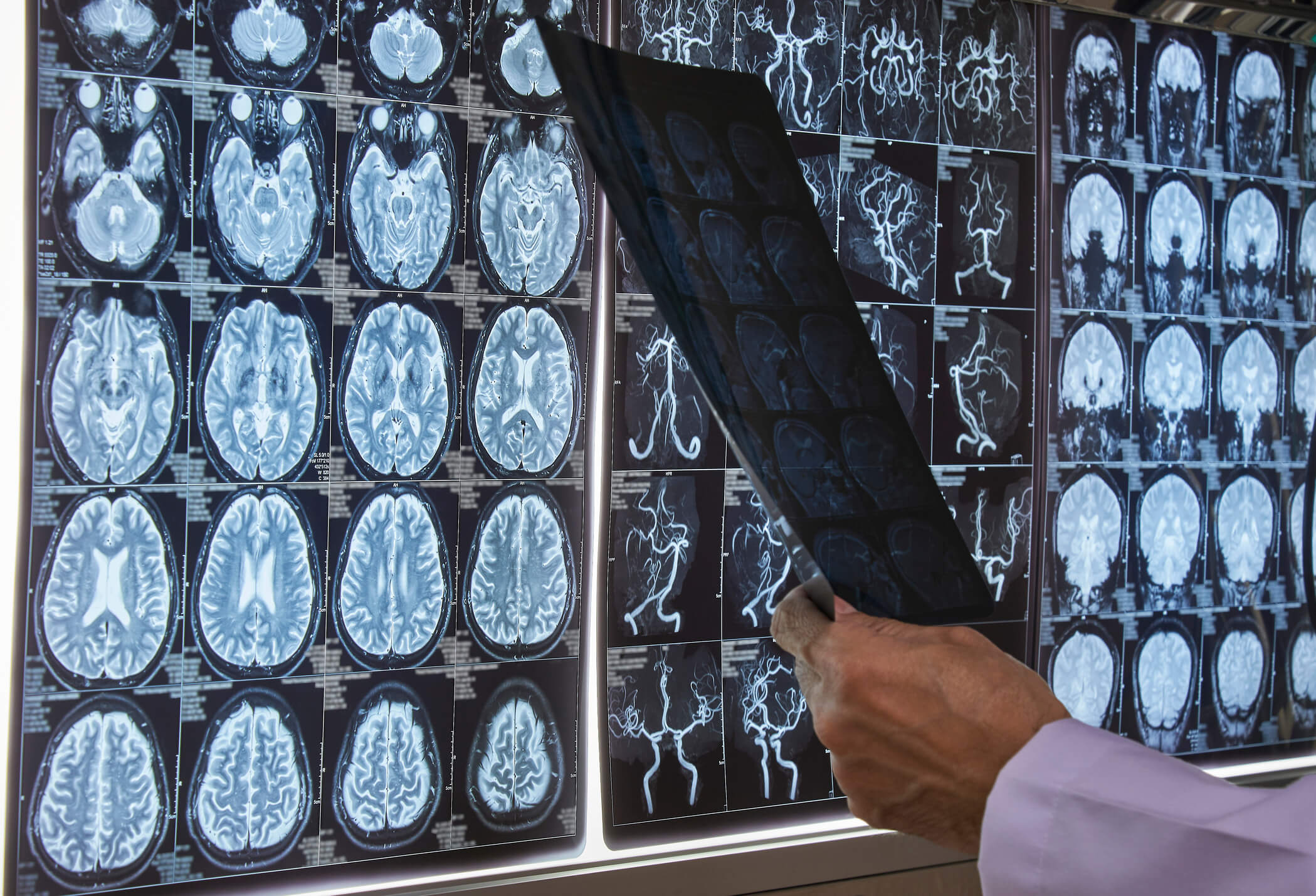Depression and Grief
Depression is one of the most common challenges after a stroke. It can begin early in the recovery process or appear months—or even years—later. Grief is also common, especially when you feel like parts of your identity, body, or independence have been lost.
Common signs of depression include:
- Persistent sadness or hopelessness
- Withdrawal from social activities or loved ones
- Changes in appetite (eating too much or too little)
- Sleeping too much or having trouble sleeping
- Feelings of worthlessness or guilt
- Loss of interest in things that once brought joy
- Difficulty concentrating
If you notice these signs, reach out to your doctor or connect with resources like Mental Health America for support. Depression is not a personal failure—it’s a medical condition, and treatment can help.
Grieving the loss of who you were before the stroke is natural. Allow yourself time to process this change. It’s okay to feel like something has been taken away. Acknowledging those feelings is the first step toward healing.
Frustration and Irritability
Losing the ability to do everyday tasks—like eating, walking, or writing—can be incredibly frustrating. Recovery takes time, and it’s normal to feel impatient or angry along the way.
Ways to manage frustration:
- Set small, achievable goals each week. Write them down and check them off. Progress, no matter how small, builds motivation.
- Talk it out. Holding in frustration often makes it worse. Venting to someone you trust can relieve emotional pressure.
- Connect with others. Join local support groups or online communities. Talking with people who understand your experience can make a big difference.
Anxiety and Worry
Worry is a natural part of recovery—especially when you’re facing medical bills, family responsibilities, or questions about the future. But chronic anxiety can interfere with healing and may increase the risk of depression.
Tips to manage anxiety:
- Write it down. Put your worries on paper so your brain doesn’t have to hold onto them all day. This simple step can bring relief.
- Start with a positive. Begin each day by noticing one good thing—your coffee tastes good, you slept well, the sun is out. It sets a better tone for the day ahead.
- Ask for help. Friends and neighbors often want to help—they just don’t know how. Be specific: ask someone to run an errand, sit with you for a while, or drive you to an appointment.
It’s Okay to Need Help
Behavioral and emotional changes are part of stroke recovery—and there’s no shame in that. With the right support system, these challenges can be managed. You’re not expected to face this alone. Caregivers, medical professionals, therapists, and community members are here to walk with you.
You deserve to feel seen, heard, and supported.


%20(2)%20(1).png)



